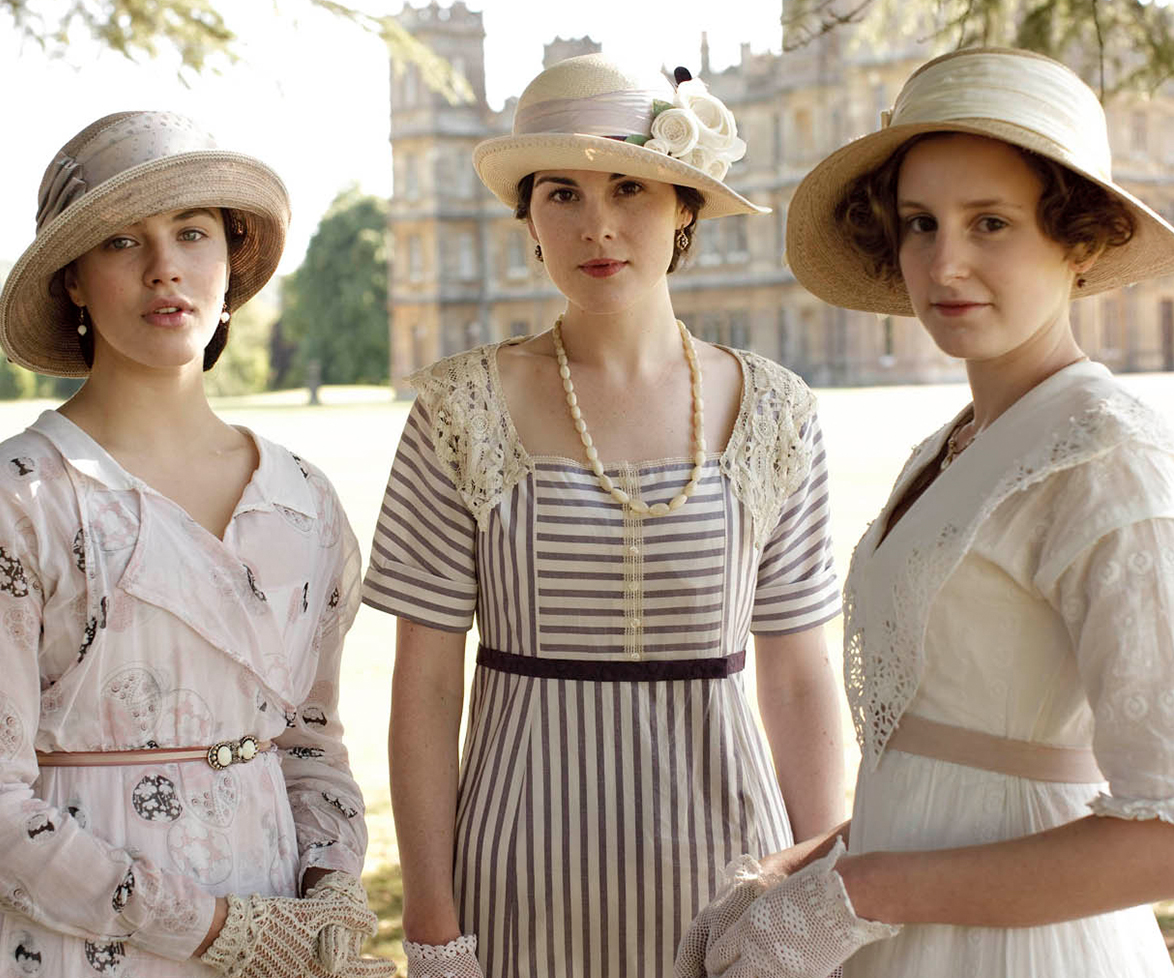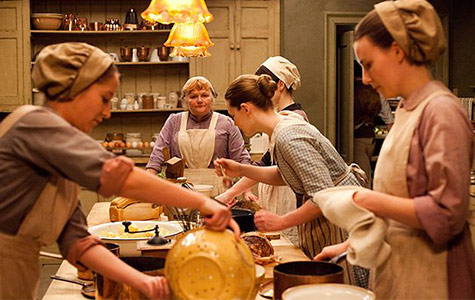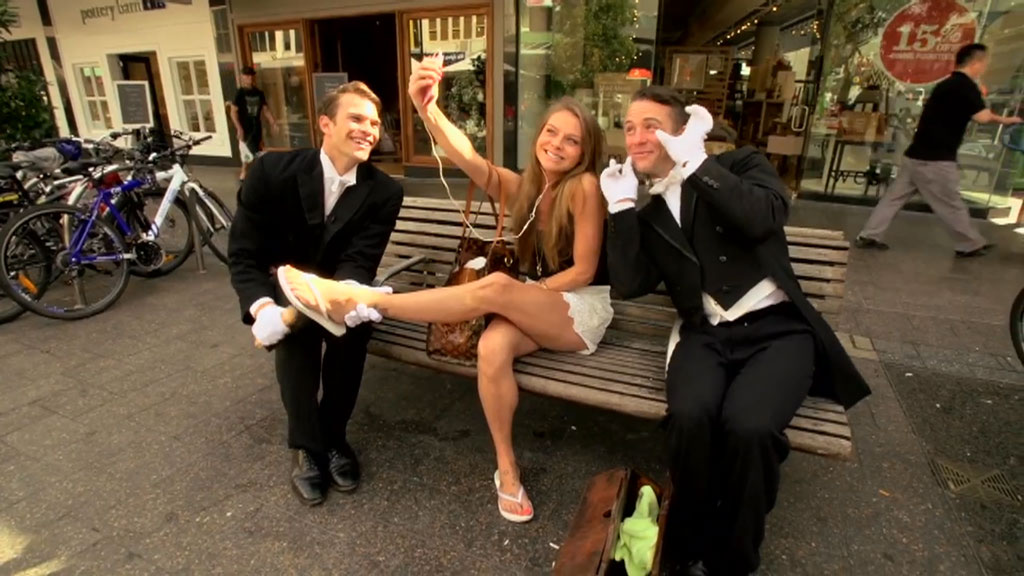She brought out the unapologetic rebel in all of us when she declared her love for Tom Branson as Lady Sybil Crawley, but actress Jessica Brown Findlay admits that she wasn’t always the lets-sit-down-and-talk-about-it type of woman who her character once portrayed.
In fact, the 27-year-old Downton Abbey actress has admitted that she would hide away from the world, namely because she has suffered from an eating disorder for more than a decade.
“I’ve had an eating disorder since I was 14,” Brown Findlay told The Daily Telegraph.
“I felt so alone for so long, and I just hid. And then I started talking and held my head up, and instead of saying ‘sorry’ decided to tell myself that I matter.”
Did you know that Brown Findley is like one in 24 Australians who also suffer from an eating disorder?
According to the Butterfly Foundation, eating disorders can include anorexia nervosa, bulimia nervosa, binge eating disorder and atypical presentations, and they do not discriminate according to gender, age or socio-economic factors.
“Speaking about your eating disorder can be incredibly difficult but if you speak up and reach out you will find help,” says CEO of The Butterfly Foundation Christine Morgan.
“Eating disorders are serious mental illnesses not something you have ‘chosen to do’.”
It is for this reason that Morgan stresses the importance of speaking up about what you’re going through – just like Brown Findlay has done.
“Taking the first steps towards treatment can be challenging, however, reaching out for support is crucial to recovering from an eating disorder,” she tells us. “We know that seeking help as early as possible greatly reduces the severity, duration and impact of an eating disorder.”
“Recovery from an eating disorder involves support from a number of people – health professionals, families and carers, friends. While recovery from an eating disorder is a challenging journey, it doesn’t need to be walked alone. There is support available.”
But what if it’s not you – it’s someone you love?
“People experiencing eating disorders often find it difficult to speak about their feelings or concerns,” Morgan explains, pointing out that if you notice someone you care about with suspected symptoms of an eating disorder, you can certainly do something to help.
“They may feel embarrassed, scared or ashamed, or may not even recognise that there is something wrong. If you notice any warning signs or symptoms – significant changes in eating and weight, increased moods, isolating from other peoples’ company – then it is important to do something.”
If you, or anyone you know is struggling with an eating disorder or body image concerns, you can call the Butterfly Foundation National Helpline on 1800 334 673 (ED HOPE).


